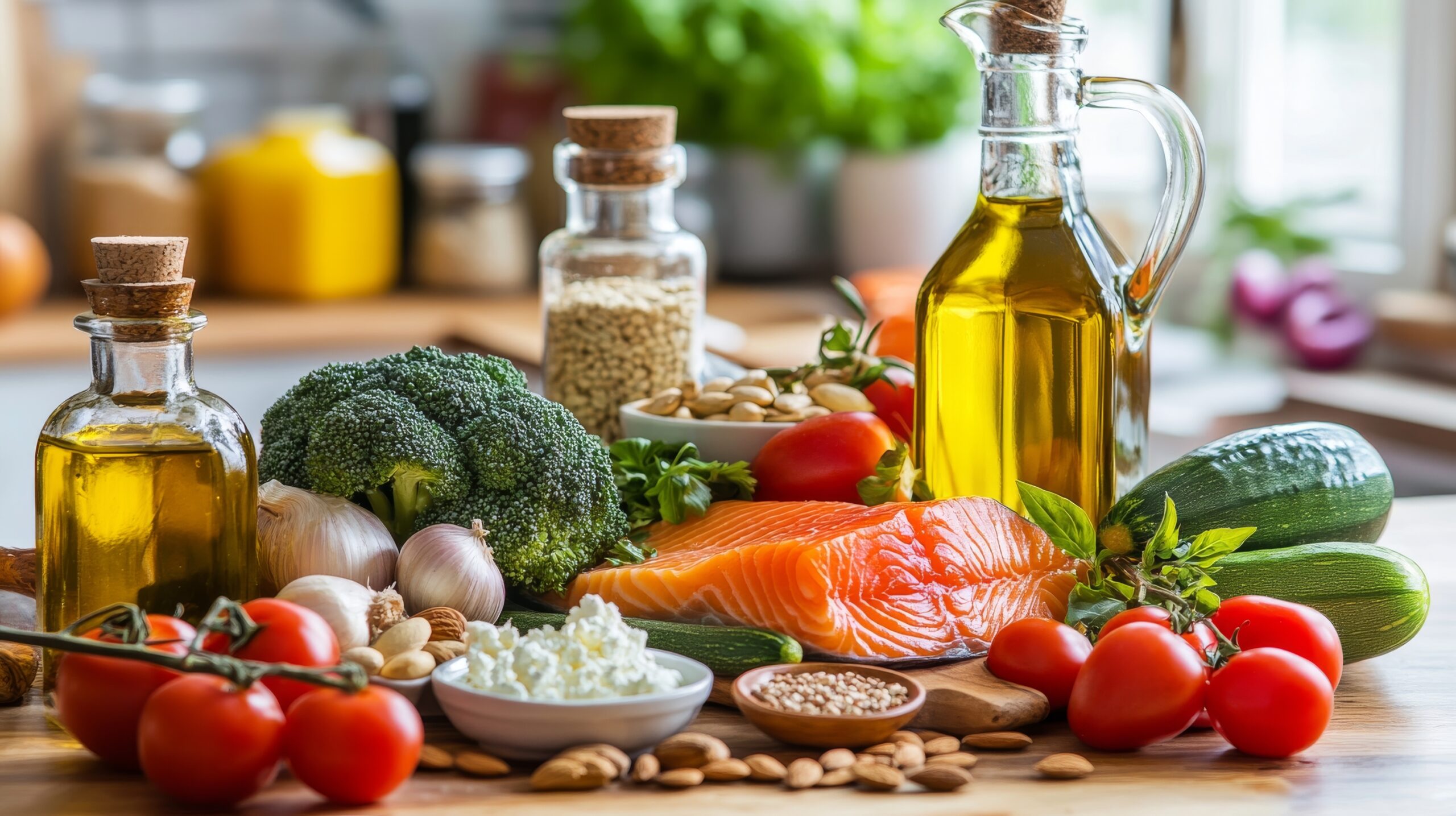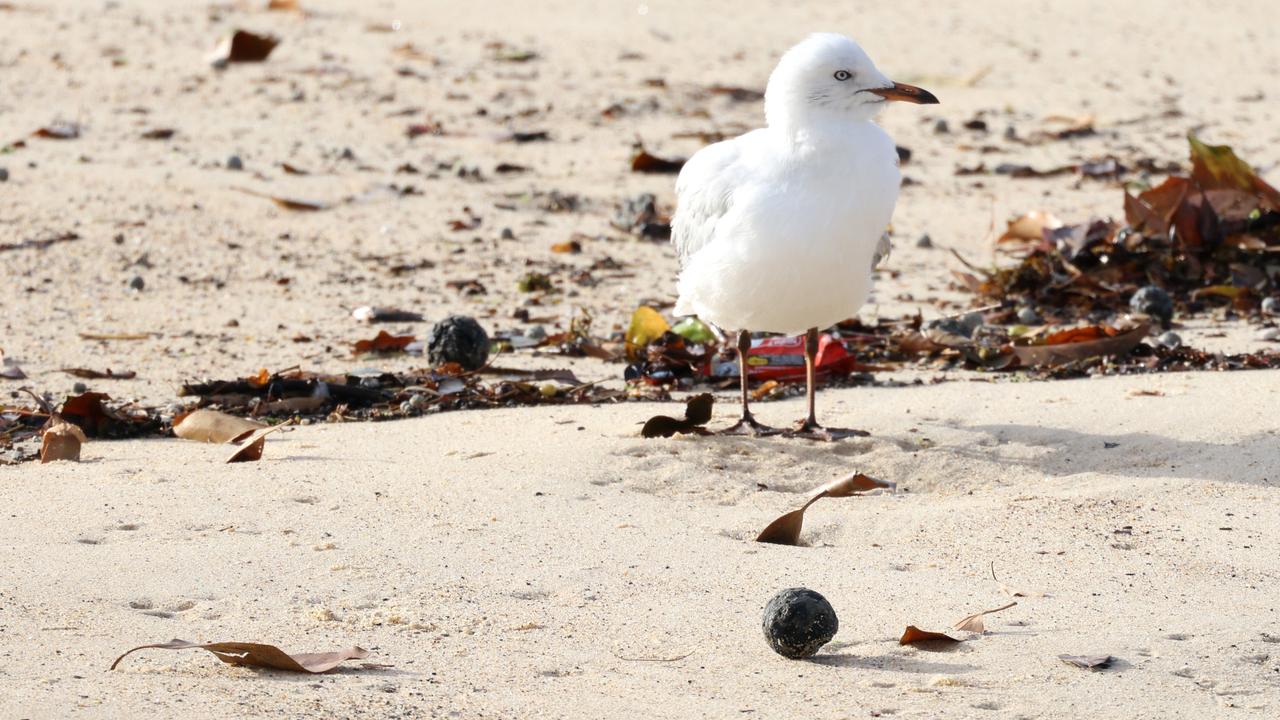Copyright farmersweekly

Reading Time: 2 minutes The United Kingdom diet is switching from meat and two vegetables to Mediterranean fare, and the traditional staples of cauliflower and cabbage appear to bearing the brunt of that shift. Hannah Daley, head of health and sustainable diets at the Institute of Grocery Distribution (IGD), said diets are being influenced by staple Mediterranean fare that includes more tomatoes, olive oil and grains. There has also been a shift to pasta and convenient meals. People are also eating less red meat due to the cost and health considerations. Daley said demand for chicken is growing. “We may not have reached peak chicken yet.” Yoghurt remains popular due to demand from an increasingly active population. The IGD is a nonprofit that seeks to improve the UK’s agrifood supply chain by identifying and addressing challenges and trends. It does that through collaborating with business, policymakers, and thought leaders while also providing insights through research, and foresight. Daley said another trend in the UK has been greater government regulation on the positioning in store and selling of unhealthy foods. These include banning the promotion of certain foods before 9am and multiple sales, such as buy one get one free. Foods classified as unhealthy can constitute 20% of sales for some retailers. Toby Pickard, IGD’s retail futures senior partner, said supermarkets need to reinvent themselves to combat the growth of online orders, which means fewer people are visiting stores. This could include improved in-store efficiency, improving the experience for shoppers through the type of products offered, connecting better with the community, offering experiences such as instore dining, reduced packaging and offering prefills and refills. Matthew Stoughton-Harris, IDG’s head of resilience, said the high cost of living continues to be an issue for UK consumers and is prompting countries to secure their food supply chains. “In the UK, inflation has been exceptionally high since March 2023 and food has taken the brunt given its share of consumer spend.” A report by the organisation last month identified the steps needed to create a healthier more sustainable food system. Those steps included businesses reframing dietary change as a growth opportunity, upskilling staff and using key performance indicators. Sales of products should include nutrition data, environmental and health metrics, backed by farm-to-fork partnerships with shared reporting and metrics to reduce volatility. Health and environmental impacts should be considered alongside margins, new technology and nudging consumers towards healthier choices through placement, promotions and marketing in stores and on digital channels. In another report, IGD found that branded products can drive growth, determining that 53% of global consumers are buying more private label products than ever before. “As these alternatives improve their design and features, the differentiation between brands and private labels becomes increasingly blurred in the eyes of shoppers,” the report notes. The prevalence of brand and category switching mean brands must work hard to stand out in a highly fragmented marketplace. An earlier report noted that despite external challenges and a subdued retail environment, the UK convenience food market grew 1% in the first half of this year. By 2030, the sector, which includes pre-prepared meals, is expected to grow to NZ$130 billion, representing a projected five-year growth rate of 2.7%. More: Wallace’s Meeting the Market tour has been made possible with grants from Fonterra, Silver Fern Farms, Rabobank, Zespri, Alliance Group, Meat Industry Association, Wools of NZ, Beef + Lamb NZ, NZ Merino, European Union and Gallagher.



